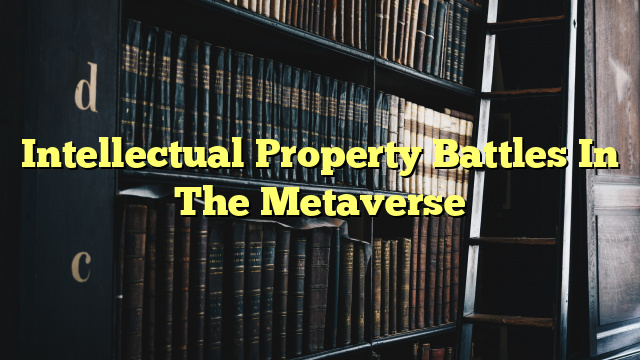Table of Contents
How does intellectual property work in the metaverse?
In the metaverse, intellectual property (IP) refers to the legal rights that individuals or entities have over creations of the mind. These creations can include virtual assets, digital goods, virtual worlds, and other forms of content found in the metaverse. Just like in the physical world, IP in the metaverse can be protected by various forms of intellectual property law, such as copyright, trademark, and patent.
Creators and developers in the metaverse can obtain IP protection for their virtual creations by registering their works with the appropriate intellectual property office. This allows them to have exclusive rights over their creations and prevents others from using, copying, or distributing them without permission. However, enforcing IP rights in the metaverse can be challenging due to the decentralized nature of virtual worlds and the difficulty in tracking and identifying infringers.
What are the intellectual property issues in the metaverse?
The metaverse presents unique challenges and issues when it comes to intellectual property. Some of the main issues include:
- Unauthorized use of copyrighted content: In the metaverse, it is common for users to create and share virtual content, including artwork, music, and videos. However, this can lead to copyright infringement if users use copyrighted material without permission.
- Trademark infringement: Virtual worlds and platforms in the metaverse often allow users to create and sell virtual goods. This can lead to trademark infringement if users create and sell goods that infringe on existing trademarks.
- Virtual property disputes: In the metaverse, users can own and trade virtual assets and properties. However, disputes can arise when multiple users claim ownership over the same virtual property or when virtual property is stolen or copied.
Who owns IP in the metaverse?
The ownership of IP in the metaverse can be complex and depends on various factors. In some cases, the creators or developers of virtual content may retain ownership of their creations, while in other cases, the platform or virtual world may claim ownership over user-generated content. Additionally, users may also have certain rights over their virtual creations, such as the right to sell or license them.
It is important for creators and users in the metaverse to carefully review the terms of service and user agreements of the platforms they use to understand the ownership rights and restrictions that apply to their virtual creations.
Does copyright exist in the metaverse?
Yes, copyright exists in the metaverse just as it does in the physical world. Creators of original virtual content, such as artwork, music, and videos, are automatically granted copyright protection for their works. However, enforcing copyright in the metaverse can be challenging due to the ease of copying and distributing digital content.
Creators can take steps to protect their copyright in the metaverse by using digital rights management (DRM) technologies, watermarking their content, and monitoring for unauthorized use. Additionally, platforms and virtual worlds can implement policies and systems to detect and prevent copyright infringement within their environments.

